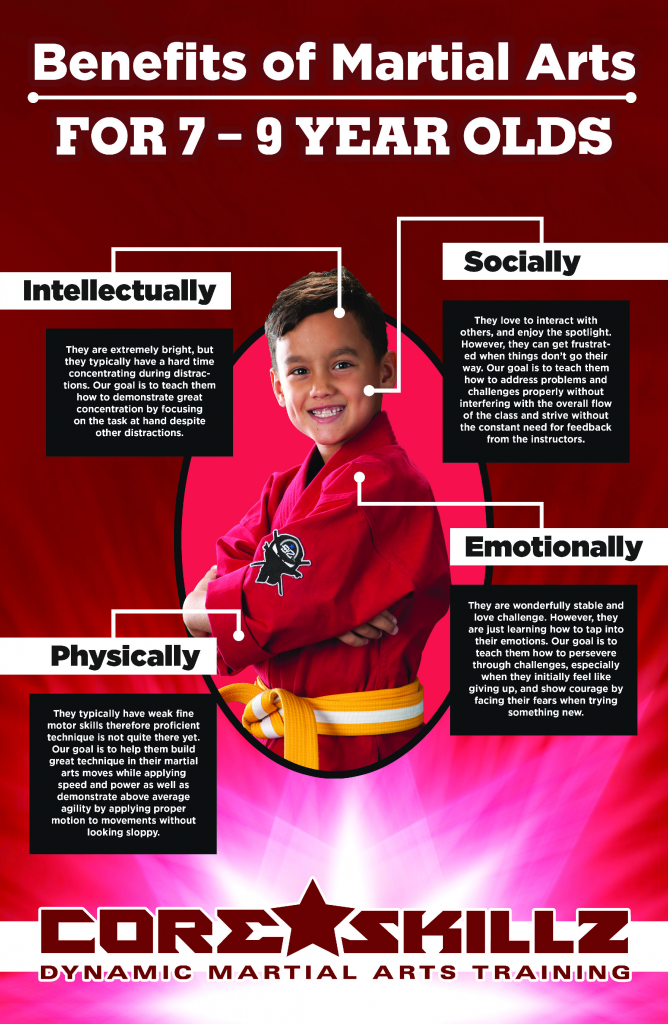The Background And Ideology Of Martial Arts: A Deep Dive
The Background And Ideology Of Martial Arts: A Deep Dive
Blog Article
Content Author-McGrath Wall
Enter the ancient globe where martial arts were substantiated of necessity in varied regions. Cultures crafted distinct fighting styles intertwined with historic contexts. Techniques progressed over centuries with dedicated method and social exchanges. Today, contemporary martial arts blend typical aspects for optimal efficiency. Philosophically, martial arts highlight discipline, self-improvement, and harmony. Respect, humility, and balance are fundamental concepts guiding experts in the direction of development and durability. Explore the midsts of this rich background and philosophy to discover the extensive influences shaping this enduring discipline.
Beginnings of Fighting Style
Martial arts came from various regions around the globe, evolving as practical battle systems to prevent risks. These ancient battling styles were established out of necessity, with each culture crafting methods fit to their unique atmospheres and obstacles. From the grappling arts of Jujutsu in Japan to the striking strategies of Martial art in China, martial arts were deeply linked with the historical, social, and cultural fabric of their corresponding societies.
In Japan, the samurai course polished martial arts like Kenjutsu, the art of the sword, which later on developed right into the extra popularized kind of Kendo. At the same time, in Brazil, Capoeira emerged as a mix of dance and battle, created by enslaved Africans as a way to stand up to fascism. why martial arts are the best with it an abundant history and ideology, showing the worths and beliefs of the people that exercised them.
As you explore the origins of martial arts, you discover a tapestry of human ingenuity, durability, and the unrelenting spirit of warriors throughout time.
Evolution of Strategies
Through centuries of technique and improvement, battle methods within different martial arts have actually undertaken a profound development. From old designs like Martial art and Karate to more modern techniques such as Brazilian Jiu-Jitsu and Krav Maga, the advancement of techniques has actually been driven by a combination of social influences, useful applications, and technological developments.
One significant aspect of this evolution is the cross-pollination of methods in between different martial arts. For example, techniques from typical Japanese Jiu-Jitsu were incorporated into the creation of Judo by Jigoro Kano in the late 19th century. Read the Full Piece of writing of designs has actually resulted in the growth of hybrid martial arts like Mixed Martial Arts (MMA), which integrate aspects of striking, grappling, and entry methods.
In addition, the advancement of strategies has been formed by the increasing emphasis on efficiency and efficiency in battle. Experts have actually constantly sought to fine-tune their strategies through strenuous training, experimentation, and competition, bring about the advancement of extremely specialized and efficient combating styles. On the whole, the development of techniques in martial arts shows the dynamic nature of fight and the continuous pursuit for improvement and development.
Thoughtful Structures
Checking out the underlying philosophical concepts of martial arts gives understanding right into their core worths and guiding beliefs. At https://martialartskidsarnis00988.newsbloger.com/28184600/explore-the-world-of-self-defense-training-where-typical-combat-techniques-mix-with-contemporary-approaches-to-improve-your-capabilities-in-shocking-ways of lots of martial arts disciplines is the concept of technique itself. By educating your mind and body to function as one cohesive system, you cultivate technique that expands beyond the dojo or fitness center right into daily life. This self-control encompasses regard, humbleness, and self-constraint, forming not simply your physical capabilities however also your personality.
Another basic philosophical foundation in martial arts is the idea of continuous self-improvement. The journey of grasping a martial art is continuous, with professionals constantly making every effort to much better themselves, both literally and psychologically. This focus on growth cultivates resilience, willpower, and a growth mindset that can be related to all elements of life.
Furthermore, martial arts stress the value of harmony and balance. Techniques are created to make use of an opponent's power versus them, highlighting the concept of generating and rerouting force as opposed to satisfying it head-on. This viewpoint reaches interpersonal connections, advertising serene resolutions and mutual understanding. By embracing these thoughtful foundations, martial musicians not just improve their battle skills but also cultivate a way of living centered on personal development, regard, and consistency.
Final thought
Finally, the history and viewpoint of martial arts use a rich tapestry of custom, self-control, and self-improvement.
Take for instance the story of Bruce Lee, who revolutionized martial arts by blending various styles and approaches to create his very own one-of-a-kind type of Jeet Kune Do.
Via commitment and advancement, martial musicians continue to press limits and motivate others to reach their full potential both in battle and in life.
